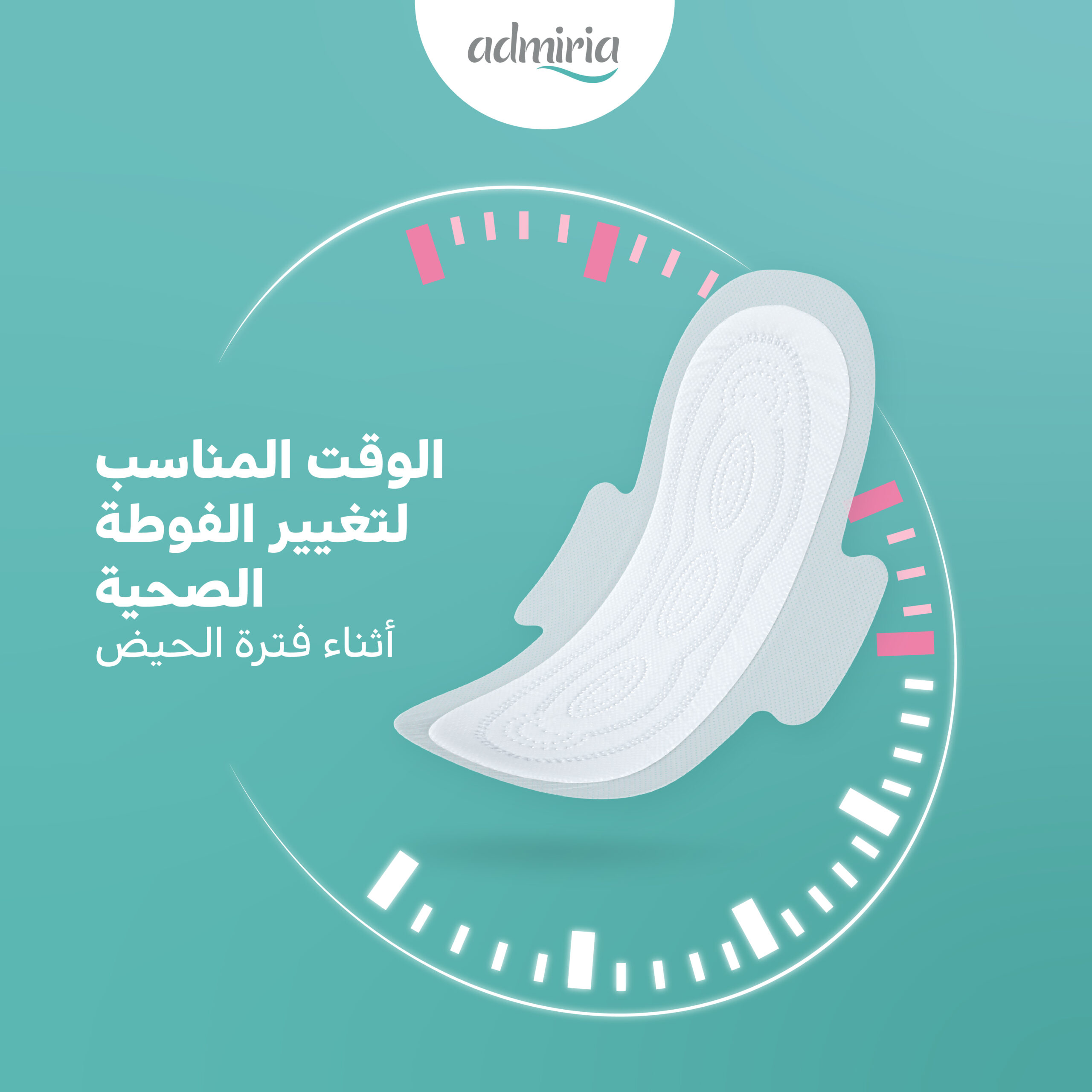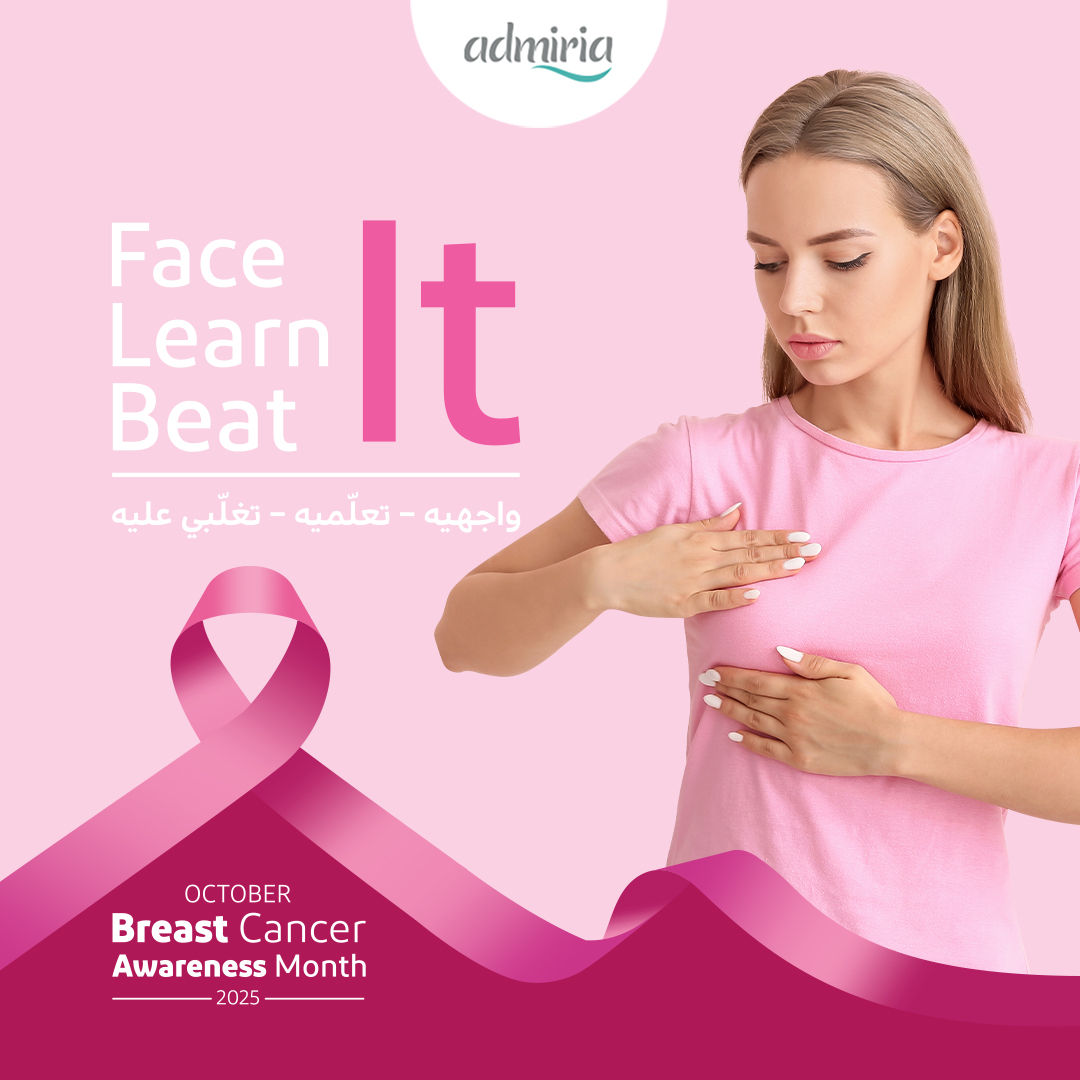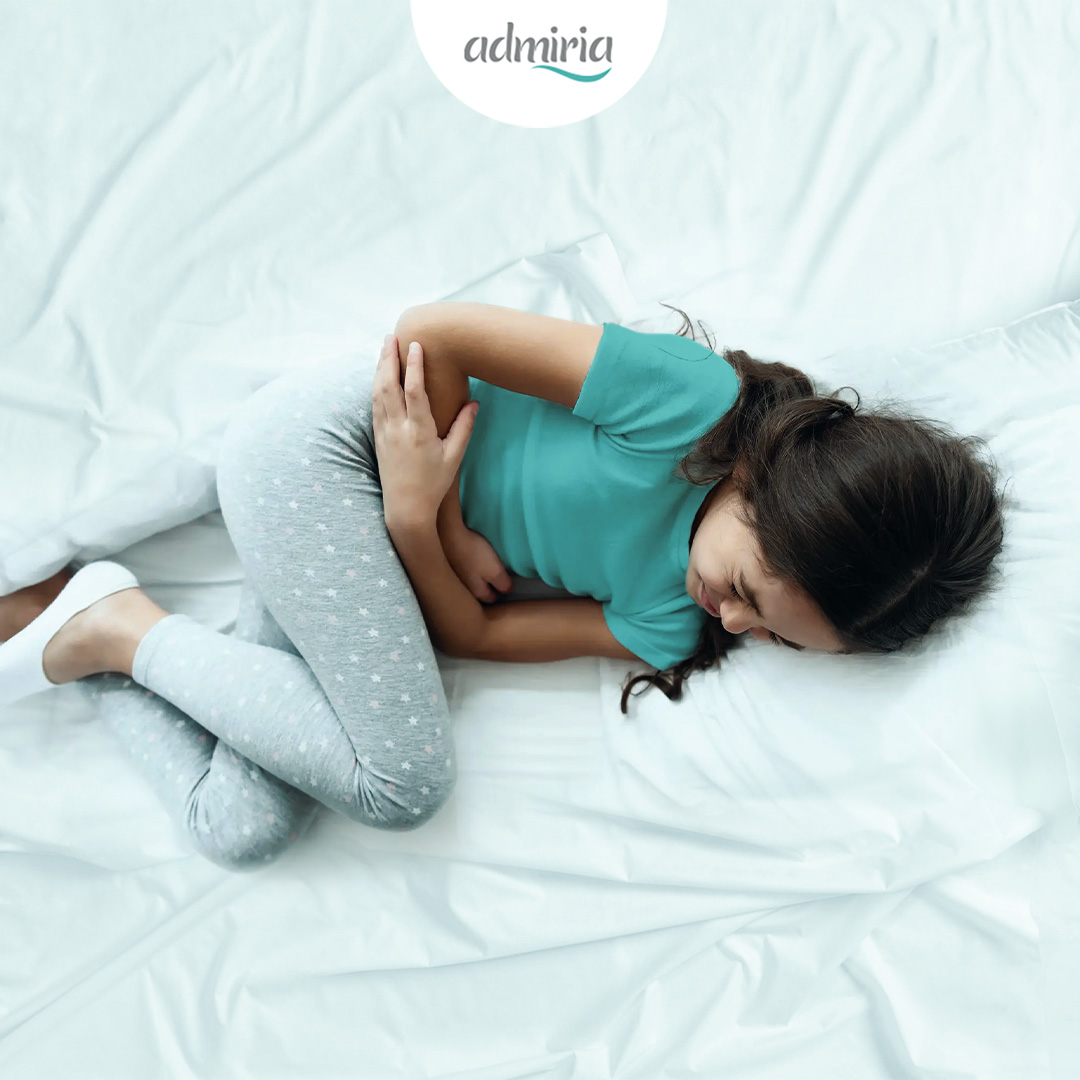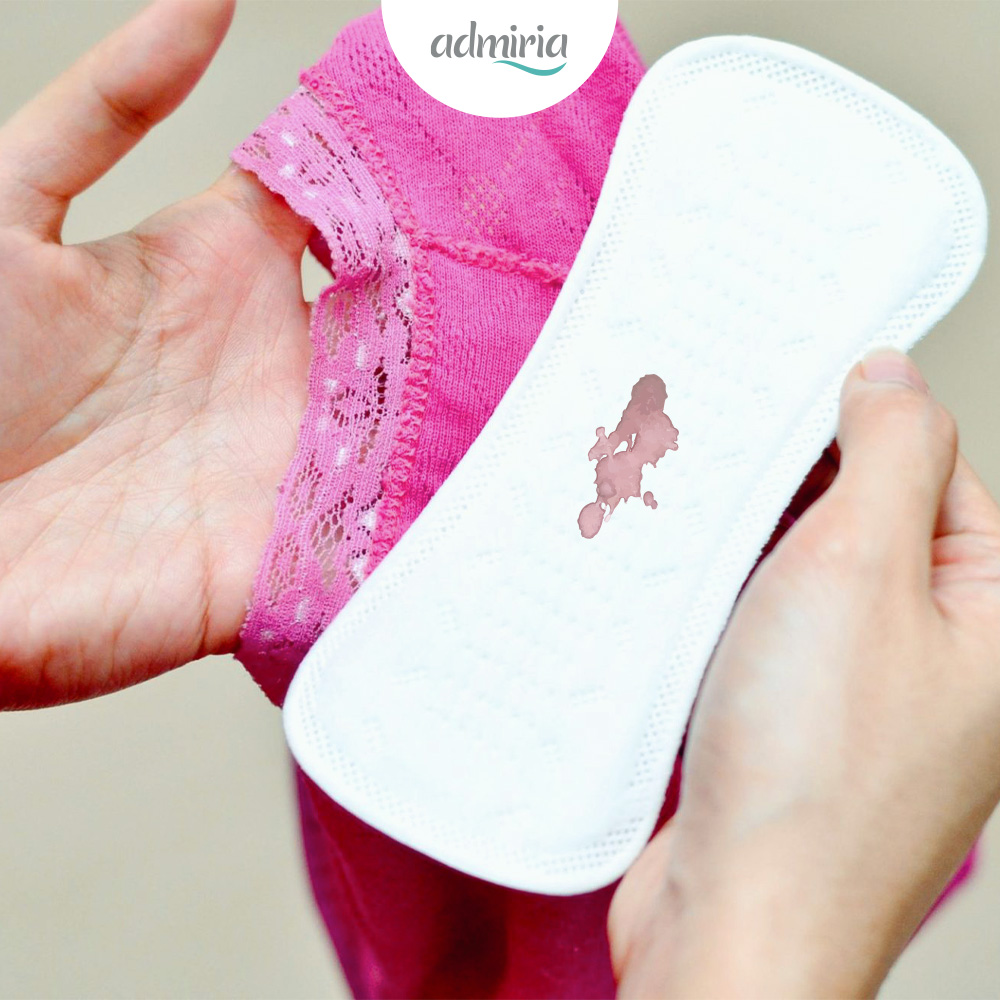
Menstrual hygiene
Together for Change
Menstruation is a natural part of life for millions of women and girls around the world. Yet this entirely normal biological process is still surrounded by silence, shame, and misinformation in many cultures and societies. These cultural taboos have led to the neglect of a basic human need: safe, informed, and dignified access to menstrual hygiene.
On World Menstrual Hygiene Day, we have the opportunity to talk not only about a biological need but also about justice, health, and the human dignity of women and girls.
Global Challenges in Menstrual Health
According to UNICEF, at least 500 million women and girls worldwide lack access to basic resources to manage their menstrual hygiene. These challenges include the absence of proper sanitation facilities, reliable and affordable menstrual products, and adequate education about how the body works.
A study in The Lancet Global Health (2023) found that 40% of girls in developing countries experience their first period without any prior education. This initial lack of awareness leads to fear, shame, and unhealthy behaviors later in life.
Inadequate menstrual hygiene can have broad consequences for both physical and mental health, including:
• Frequent vaginal and urinary infections due to the use of unhygienic materials
• Increased absenteeism from school or work: The World Bank (2022) estimates that in some countries, girls miss up to 20% of the school year just because they lack menstrual products
• Lower self-esteem, social anxiety, and psychological isolation, especially in teenagers
• Limited social and economic participation for women
Lack of access to menstrual hygiene is not just an infrastructure issue — it’s deeply cultural. In many communities, menstruation is viewed as “dirty,” “shameful,” or “taboo.” This perception causes many girls to:
• Feel too embarrassed to ask questions
• Feel ashamed to buy menstrual products
• Feel guilt or shame in public settings
How Can We Create Change?
- Comprehensive Education
Menstrual health education should be a standard part of school curricula — not something whispered in shame. Both girls and boys should learn how the human body works to eliminate fear and stigma. - Cultural Campaigns and Open Dialogue
Breaking taboos requires active involvement from brands and media. When we talk about periods with honesty, transparency, and respect, public perception begins to change.
Our Commitment at Admiria
At Admiria, we believe that periods should never be a source of shame or exclusion. That’s why we see World Menstrual Hygiene Day not just as a symbolic date, but as a real opportunity for education, awareness, and action.
This year, we’ve introduced a Period Health Guidebook for teenage girls to help them have a more informed first-period experience in Oman. We’ve also taken a step forward by sharing educational content on social media.
Menstrual health is not just a “women’s issue.”
It is a matter of public health and social justice.
A healthier, more equal future starts with the conversations we have today.
On World Menstrual Hygiene Day, we invite everyone to say out loud:
Periods are natural — not a reason for silence.
#TogetherForChange
 Admiria
Admiria 


